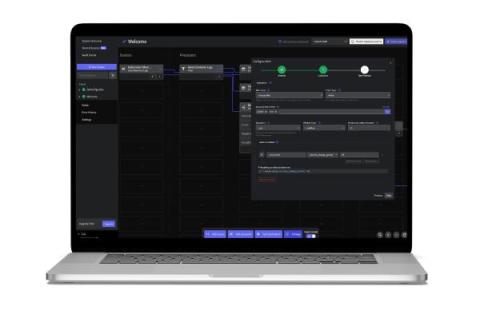OpenTelemetry: The Key To Unified Telemetry Data
OpenTelemetry (OTel) is an open-source framework designed to standardize and automate telemetry data collection, enabling you to collect, process, and distribute telemetry data from your system across vendors. Telemetry data is traditionally in disparate formats, and OTel serves as a universal standard to support data management and portability.










